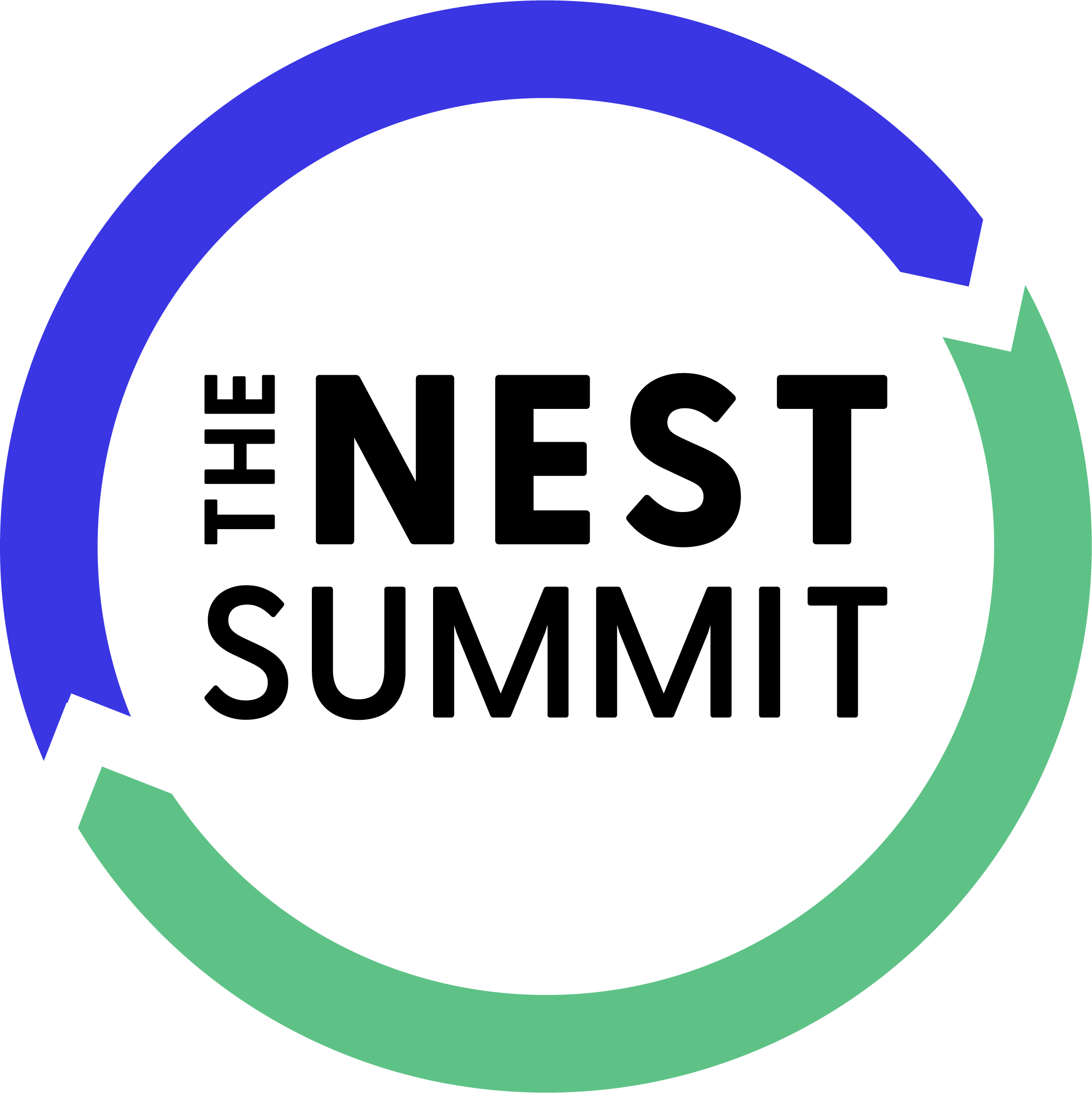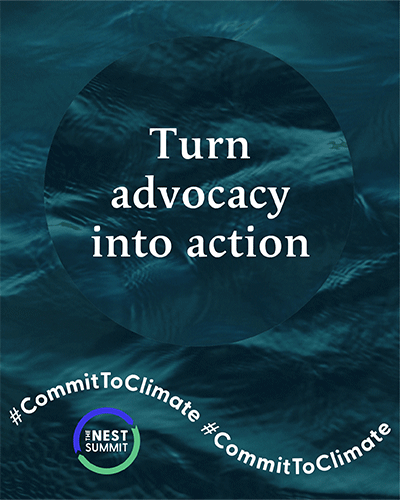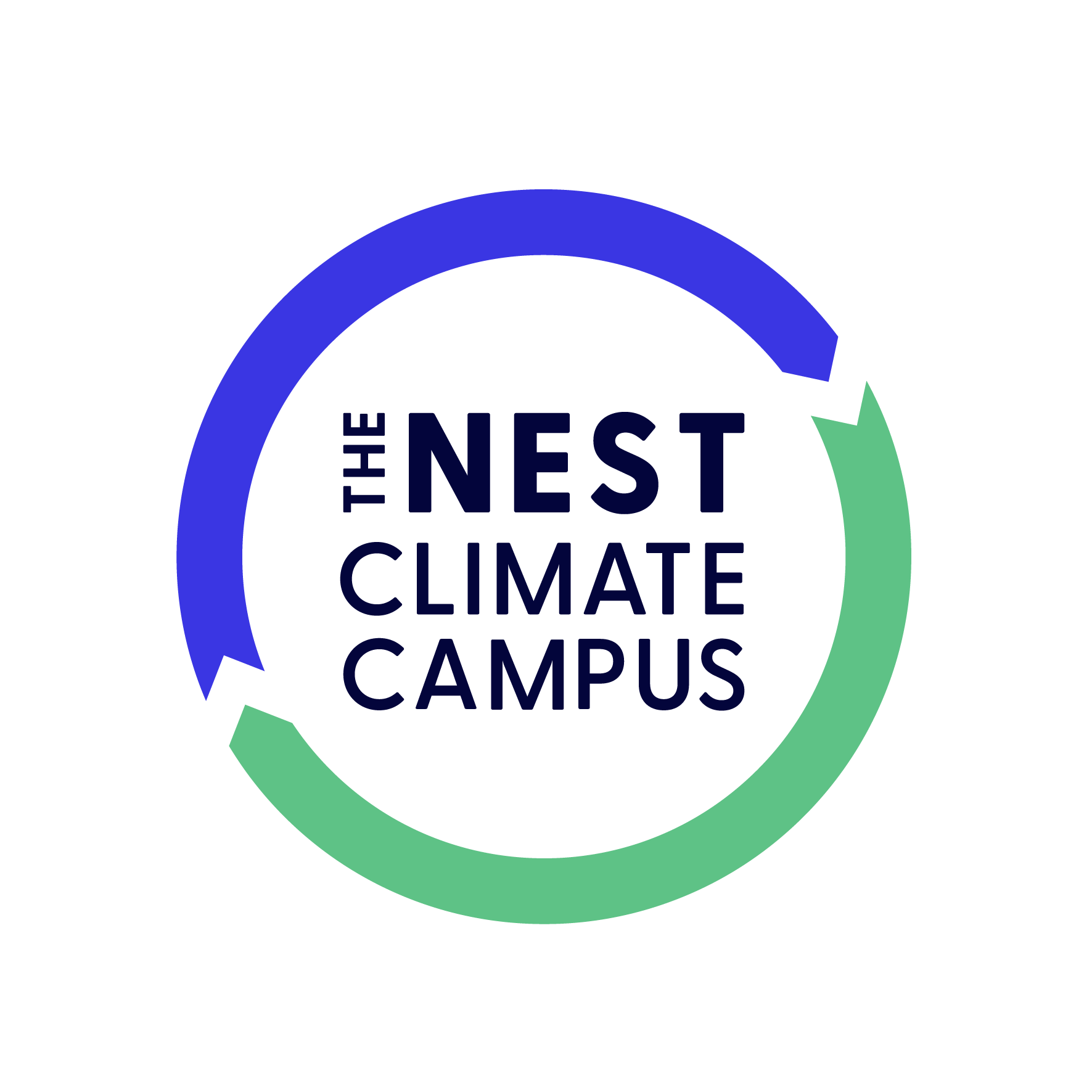Climate Conversations
How The US’ First Museum Dedicated to Climate Change is Using the Arts to Inspire Action
Miranda Massie, Director of the Climate Museum, was spurred to start her museum by Hurricane Sandy, the deadliest, most destructive and strongest of the Atlantic 2012 hurricane season.
“I left a career in social justice law, finding it impossible to continue turning my attention away from the reality that climate change is both our largest social justice crisis and an overriding emergency for human culture as a whole,” Massie says.
By 2015, she was ready to lay the groundwork for the Climate Museum, the first climate change-dedicated museum in the U.S., which began offering public programming in 2017. The Museum’s mission is to inspire action on the climate crisis with programming across the arts and sciences that deepens understanding, builds connections, and advances just solutions.
Miranda will be speaking at The Nest Summit on Sept. 22 in three sessions: moderating NYC & Company’s panel discussion, Greening NYC’s Tourism Footprint; presenting Rising to Meet Current Challenges: The Rapid Growth of Climate Arts as part of the climate arts track; and in conversation with author Devi Lockwood on the launch of her new book, 1,001 Voices on Climate Change.
Below, she shares how the Climate Museum encourages mobilization, community building and collective action.
In conversation with: Miranda Massie, Director of the Climate Museum

What’s an aspect of climate change your organization or industry is uniquely equipped to address? What do you wish your customers and/or clients knew about how your organization approaches climate change?
In its interdisciplinary, public programming, the Climate Museum has created an activist, cultural approach to community engagement with climate, recognizing that most Americans are worried about the climate crisis but unsure how to take meaningful action. The Museum’s focus on creating a range of entry points to climate engagement makes it uniquely equipped to meet the public where they are, nurturing a cultural shift to address climate change at scale.
This approach informs the Museum’s intersectional approach to public education, exhibitions, and dialogue, with a programmatic focus on climate and inequality. It emphasizes civic, collective action and educates the public about the necessity for transition from a fossil fuel economy, rather than placing disproportionate blame on Individual consumer choices and habits.

Fast-forward a decade into the future. How has your organization scaled up its efforts to address climate change?
By 2031, the Climate Museum will have played a meaningful role in New York City’s post-pandemic cultural revitalization and manifested a cultural shift toward climate leadership.
In order to meet this significant opportunity and welcome people into a permanent location for taking action on climate, the Climate Museum is currently scaling out to a year-round location. By 2031, in this dedicated space, the Museum’s experience with both significant commissions and community-based arts projects will have room to flourish, to reach broader constituencies, and to meet the public’s remarkable appetite for, and response to, climate-focused arts and cultural programming.
These programs will offer an essential lens for the challenges we face, and support open dialogue about even the most difficult subjects. The Climate Museum will be a valuable amenity affording community members and tourists alike opportunities to be inspired and galvanized by climate arts, science, and dialogue.

How is your organization using the power of emotion to encourage climate action?
At the Climate Museum, we know that being moved by an artwork is vital, but the urgency of the climate crisis demands more -- a profound transformation of values and emotion.
We empower people to turn their own emotional responses into determination and resolve, creating expert-backed pathways to climate action for people who are more likely to act based on felt emotions rather than in response to data and analytics. By using art and exhibitions as entry points to catalyzing change, we render climate information more digestible, relatable, and actionable.
The inherently communal nature of the arts and the public trust held by museums invite our constituents to sense the power of community and collective action. We show people that in action there is community and in community there are solutions.

A lot of times, it seems it’s only possible to affect great change at a federal or corporate level. What advice do you have for community members who want to affect change themselves?
We provide multiple pathways into civic engagement, creating a community for those ready to mobilize and commit to advancing our common prospects. The best remedy for feelings of helplessness and of being outscaled is to scale out: action alongside a community of others, building a sense of collective efficacy. As one Climate Museum visitor aptly put it: “we’ve multiplied our actions, replacing our despair with determination.”
Through:
- A participatory, public art campaign, Beyond Lies
- A civic action-focused exhibition, Taking Action
- A climate and inequality public education series, Talking Climate
- Art installations (i.e., Climate Signals and In Human Time)
- Advocacy tools (i.e, Call Your Representative and Call Your Bank); and
- Youth programs (i.e., Climate Action Leadership Program, Climate Art for Congress),
the Climate Museum’s programs work to transform the culture of climate silence into a culture for action and change, empowering individual changemakers and communities alike.






